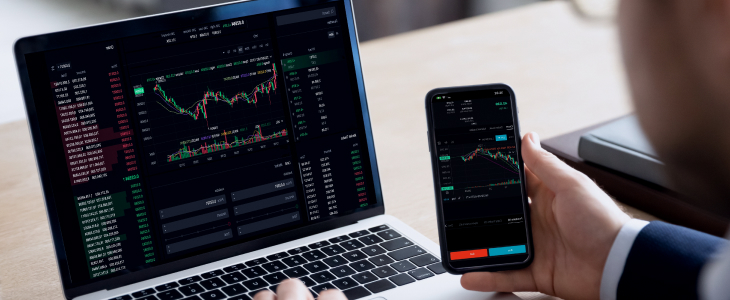
The Importance of a Forex Trading Tax Calculator in Your Trading Strategy
Understanding the intricacies of tax obligations is essential for Forex traders to ensure compliance and to optimize their financial performance. A Forex trading tax calculator can simplify this process, making it easier for both novice and experienced traders to navigate the complexities of taxation. For those interested in exploring diverse trading strategies and platforms, forex trading tax calculator Nigerian Trading Platforms provide valuable resources for traders at all levels.
Why Use a Forex Trading Tax Calculator?
A Forex trading tax calculator is a specialized tool designed to estimate the taxes owed on Forex trading gains. This tool is beneficial for several reasons:
- Accuracy: Calculating taxes manually can often lead to mistakes. Using a calculator minimizes human error.
- Time-saving: Automating the calculations allows traders to focus more on their trading strategies rather than bookkeeping.
- Customization: Many calculators allow the input of specific data, letting traders tailor results to their unique situations.
How to Use a Forex Trading Tax Calculator
Using a Forex trading tax calculator is generally straightforward. Here’s a step-by-step guide:
- Gather Necessary Data: Before you begin, ensure you have all relevant information, such as trading dates, profit or loss amounts, and any applicable commissions or fees.
- Input Your Data: Enter the gathered data into the tax calculator. Many calculators will ask for specifics like the total amount traded, the total gains, and any other relevant financial details.
- Review the Results: Once you input the data, the calculator will process this information and give you an estimate of the taxes owed. Review the output to ensure its accuracy.
- Adjust as Necessary: If you’re eligible for any deductions or exemptions, make sure to factor those into your final tax calculations.
Common Tax Considerations for Forex Traders
Forex trading taxes can be complex and vary by location. Here are some common considerations traders should keep in mind:

- Capital Gains Tax: In many jurisdictions, proceeds from Forex trading are treated as capital gains. Understanding the rates applicable in your country is crucial.
- Ordinary Income Tax: In some cases, traders may be required to pay ordinary income tax on profits, which could be higher than capital gains tax rates.
- Losses Can Offset Gains: If you’ve incurred losses on a trade, these can often be used to offset any gains, lowering your tax liability.
Best Practices for Managing Forex Trading Taxes
To maintain compliance and optimize your trading taxes effectively, consider the following best practices:
- Keep Detailed Records: Maintain records of all trades, including dates, amounts, and fees paid.
- Consult with a Tax Professional: If you are unsure about tax implications, consult with a tax advisor who is familiar with Forex trading.
- Stay Updated on Tax Laws: Tax laws can change frequently, so stay informed about any amendments that may impact your Forex trading.
Choosing the Right Forex Trading Tax Calculator
Not all Forex trading tax calculators are created equal. Here are some factors to consider when choosing one:
- User-Friendly Interface: A calculator should be easy to navigate and understand, especially for beginners.
- Accuracy: Verify the reputation of the calculator. User reviews can help determine its reliability.
- Features and Capabilities: Look for calculators that offer additional features, such as tracking losses and gains across different currencies.
Conclusion
Investing in Forex trading requires more than just understanding market dynamics; it also necessitates a clear strategy for managing taxes. Utilizing a Forex trading tax calculator can simplify the often daunting task of calculating taxes, saving traders time and minimizing potential errors. Furthermore, staying informed about tax obligations and seeking professional advice when needed will enhance your trading experience and potentially increase your profitability.
Further Resources
For more information on Forex trading and tax management, consider exploring resources provided by local tax authorities and financial institutions, as well as online platforms dedicated to Forex education.